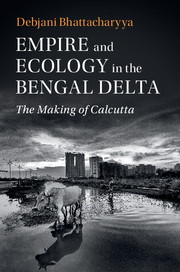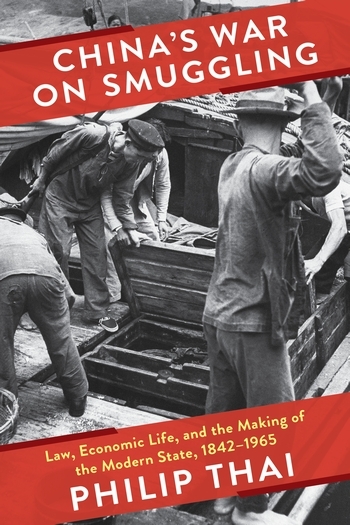[We have the following announcement from
Christopher Eck, Executive Director,
National Historical Publications and Records Commission, National Archives.]
Dear Legal History Colleagues:
As you well know, early legal records are rich resources for historians, genealogists, educators, and the public. They document the activities of daily life and the evolution of our legal system. They deepen our shared understanding of our social, cultural, economic, and political past. In some instances, they may provide the only evidence of the very existence of past individuals from all backgrounds.
Many of you have relied on the works produced by past grant projects funded by the NHPRC over the decades, such as the publication of the early court records of Plymouth County, Massachusetts or the papers of Chief Justice John Marshall or (more recently) the digitization of 18th-century court records in Virginia, among others.
At our meeting earlier this month, the
National Historical Publications and Records Commission, chaired by Archivist of the United States David S. Ferriero, decided to seek to fund projects that will preserve and make early legal history records collections easier to find and access.
Projects dealing with early legal records may include, but are not limited to, court records, hearings, and related activities. What constitutes “early” will differ by each jurisdiction, and we welcome applications from all parts of the nation. The NHPRC is encouraging applicants to make the case for the importance of particular groups of early legal records in their proposals.
More information concerning the Commission’s interest in early legal records and these grants can be found at [
this link] on new grant announcements for Access to Historical Records: Archival Projects (Optional draft deadline
August 3, 2018) and Access to Historical Records: Major Initiatives FY2020 (Preliminary proposal deadline,
January 17, 2019).
The Commission recognizes that the rapidly approaching deadline provides less time to prepare draft proposals for the Archival Projects category. Don’t let that discourage you from trying. If you have a large-scale, collaborative project, please consider putting together a preliminary proposal by next January. Because the Commission recognizes that the need in this area is great, you can be assured that this is a direction that our grants programs will follow for some time going forward.
Answers to questions about the grants programs and the NHPRC staff contacts may be found in the individual grant announcements online. Please feel free to post news of this announcements with your institutions and in places where legal history news may be read, as well as with any affiliated organizations that may find this of interest to its members.















